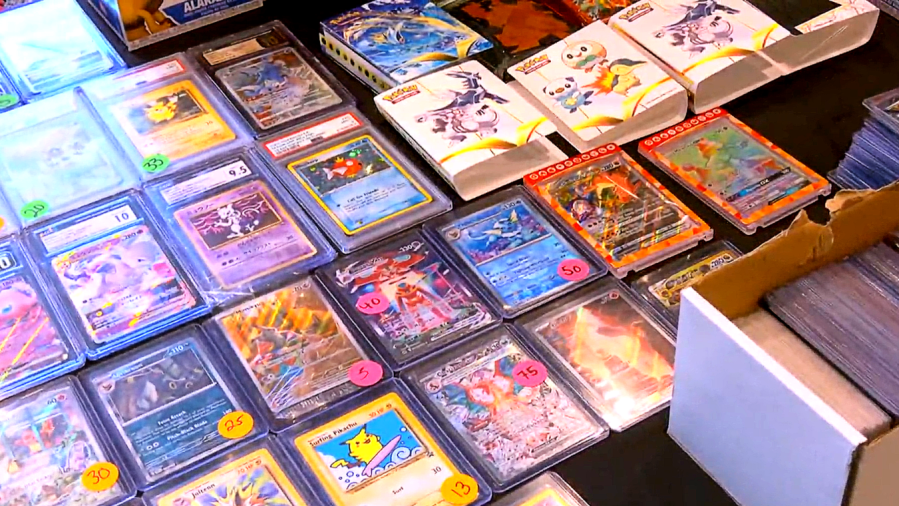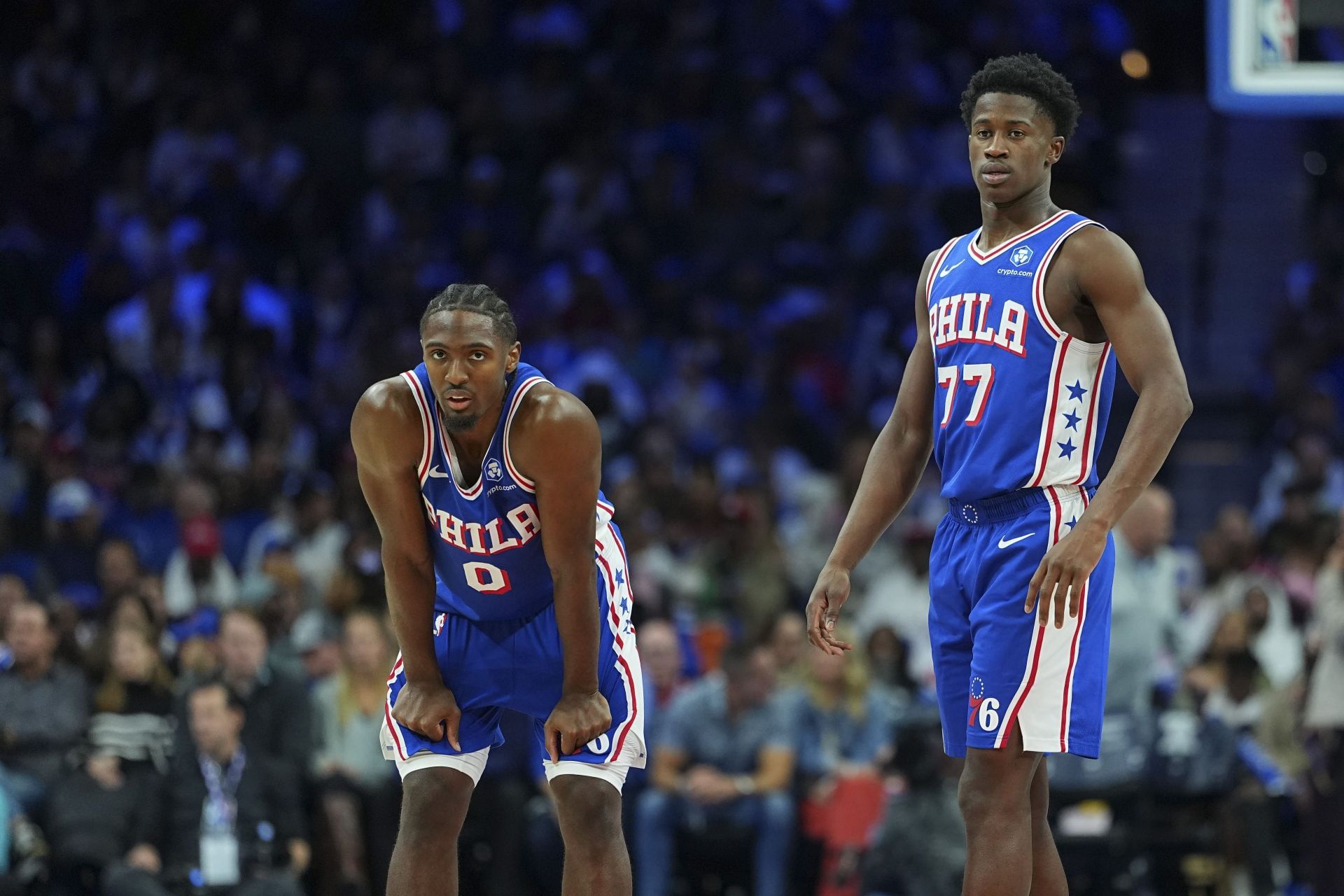Today marks the 250th anniversary of the birth of the United States Marine Corps. It’s a day to celebrate and to remember why we are celebrating. The Marines have always been America’s “kick in the door” force, known for their courage, tenacity, and unwavering commitment.
The Marines’ Hymn begins, “From the Halls of Montezuma to the Shores of Tripoli.” This line recalls important moments in Marine Corps history. In 1794, President Thomas Jefferson asked Congress to build six frigates—the first ships in the U.S. Navy—because he wanted to punish the Barbary Pirates, who had taken Americans captive and held them for ransom.
By 1805, the frigates were built, and the Marines were ordered to take on the pirates. A young officer, First Lieutenant Presley Neville O’Bannon, USMC, commanded a small Marine force that marched about 500 miles through the desert to a successful attack on Derna, Libya. He became the first U.S. officer to command troops overseas.
In recognition of his leadership, Lt. O’Bannon was presented with a curved “Mameluke” sword by a Mameluke tribal chief. (The Mamelukes were a tribe of Turkish and Circassian warriors who ruled Egypt before being extinguished by the Ottomans in 1517.) Today, Marine officers wear swords modeled after O’Bannon’s—the oldest weapon still in U.S. service—during ceremonial duties.
In 1847, the Marines earned their place in history at the “Halls of Montezuma,” storming into Mexico City and Chapultepec Castle during the first U.S.-Mexican War, showcasing their bravery and fighting spirit.
From their exploits in the two World Wars, the Marines have cultivated the image of the “good guy/tough guy.” They have always paid a heavy price, sometimes sacrificing their lives to save fellow Marines. I have an old book inherited from my father, titled *The Old Breed,* about the First Marine Division. At the end of the book is a tribute to Marines, several of whom jumped onto Japanese grenades to save their comrades.
Countless movies have been made about the Marines, but only a few have truly captured the intense violence they have fought through. My father, then a young Marine officer, fought in the battles of Guadalcanal, Tarawa, and Iwo Jima. He rarely spoke of his experiences, except once describing a moment on a Guadalcanal beach he believed secure—when his close friend was killed by a Japanese sniper.
My mother was sometimes embarrassed by the Marines’ pride. When Dad returned from Guadalcanal, he took her to the then-famous “21 Club” in New York City. As soon as the band leader spotted his Marine uniform, they began playing the Marines’ Hymn. Dad wouldn’t sit down until the band stopped, but the band leader kept playing the song until he finally did. This went on for some time, much to the amusement of those present.
I remember the respect my father’s friends showed him. Though all had served in World War II, when Dad spoke, they all listened. Marines aren’t just tough—they are smart.
During my time as a deputy undersecretary of defense, I testified before Congress several times, occasionally before hostile committees. A Marine colonel, Col. Jim Hart—then program director for the Marine Harrier AV-8B fighter-bomber—once sought my advice, though he needed none.
When asked if a particular aircraft part would function at minus 40 degrees, Jim confidently said yes. A congressman asked if he meant minus 40 Centigrade or Fahrenheit. Jim explained it didn’t matter—they were the same temperature at minus 40 degrees. This silenced the room full of skeptics and earned him the respect of the committee chairman.
After that testimony, Jim and I became close friends. He would often show up unannounced, asking to stay the night, always with a bottle of good Scotch whiskey. We drank a lot of that Scotch together, sharing stories and camaraderie.
The Marines are, indeed, different from the other services. You can see it in their high-and-tight haircuts—earning them the nickname “jarhead”—their marching style, their fighting, and their precision drills.
I have had the pleasure of witnessing the Evening Parade twice at the Marine Barracks in Washington, D.C. It begins with a rough-looking gunnery sergeant at the gate asking, “May I escort your lady, sir?” Every woman’s heart melts when the gunny takes her arm.
Then the show begins. The precision drill teams display expert skill, throwing spinning bayonet-tipped rifles across the field in a breathtaking performance—the most awesome display I’ve ever seen on a drill field.
Since the Civil War, Marines have earned 297 Medals of Honor—our highest medal for valor above and beyond the call of duty. Two Marines, Gen. Smedley Butler and Sergeant Dan Daly, have each been awarded two Medals of Honor. Daly is remembered for leading his Marines during the Battle of Belleau Wood, shouting, “Come on you sons of bitches. Do you want to live forever?”
After the battle for Iwo Jima, Admiral Chester Nimitz famously said of the Marines, “Uncommon valor was a common virtue.” This has been true time and time again, as Marines have fought in every clime and place where they could take a gun.
We all owe a debt of gratitude to the Marines for their bravery, courage, and “Semper Fidelis”—their always faithful commitment to the defense of our nation.
Happy birthday to all my Marine pals, and a solemn salute to all those who have died in the line of duty.
https://spectator.org/happy-birthday-marines/


